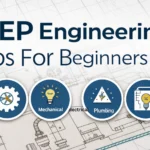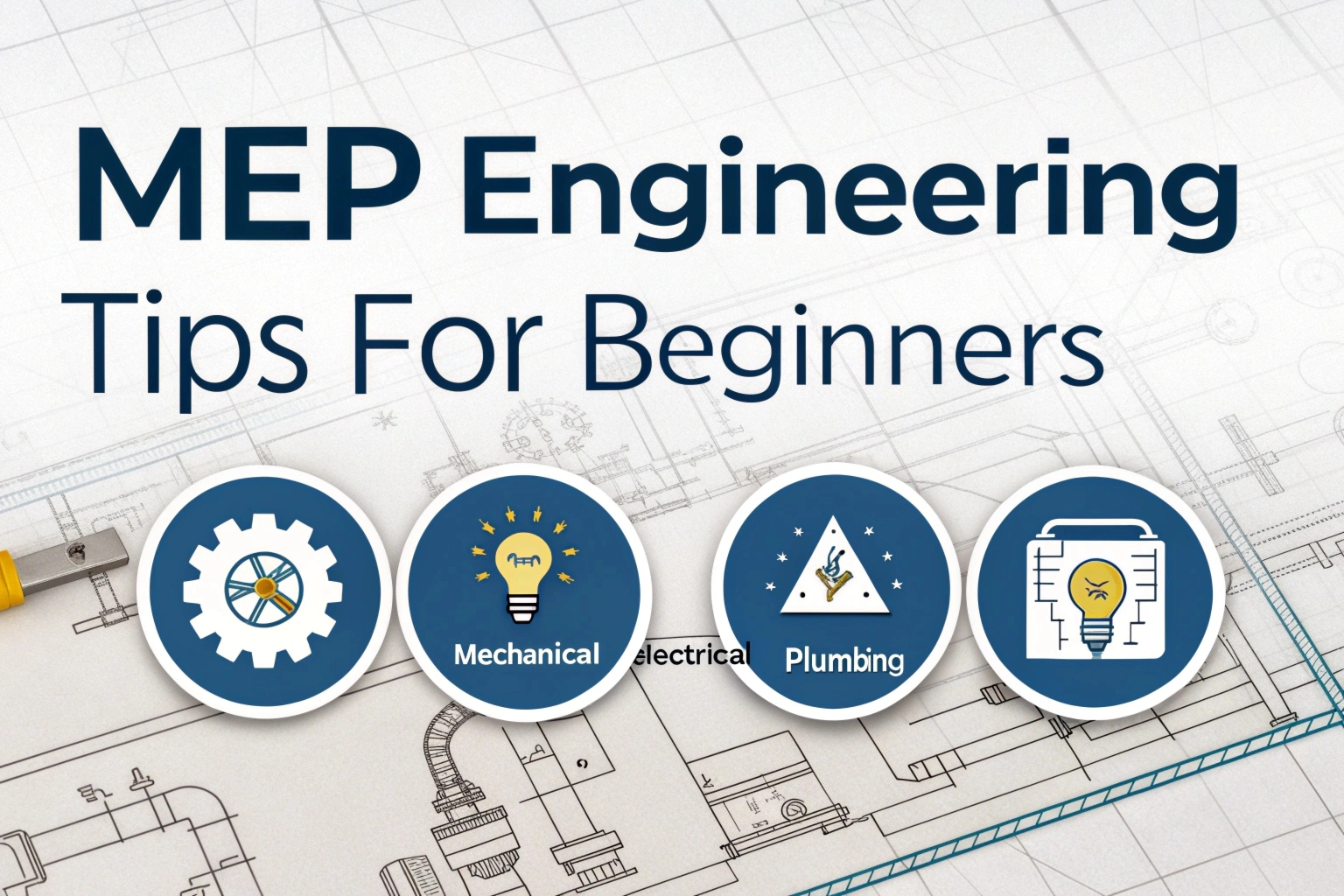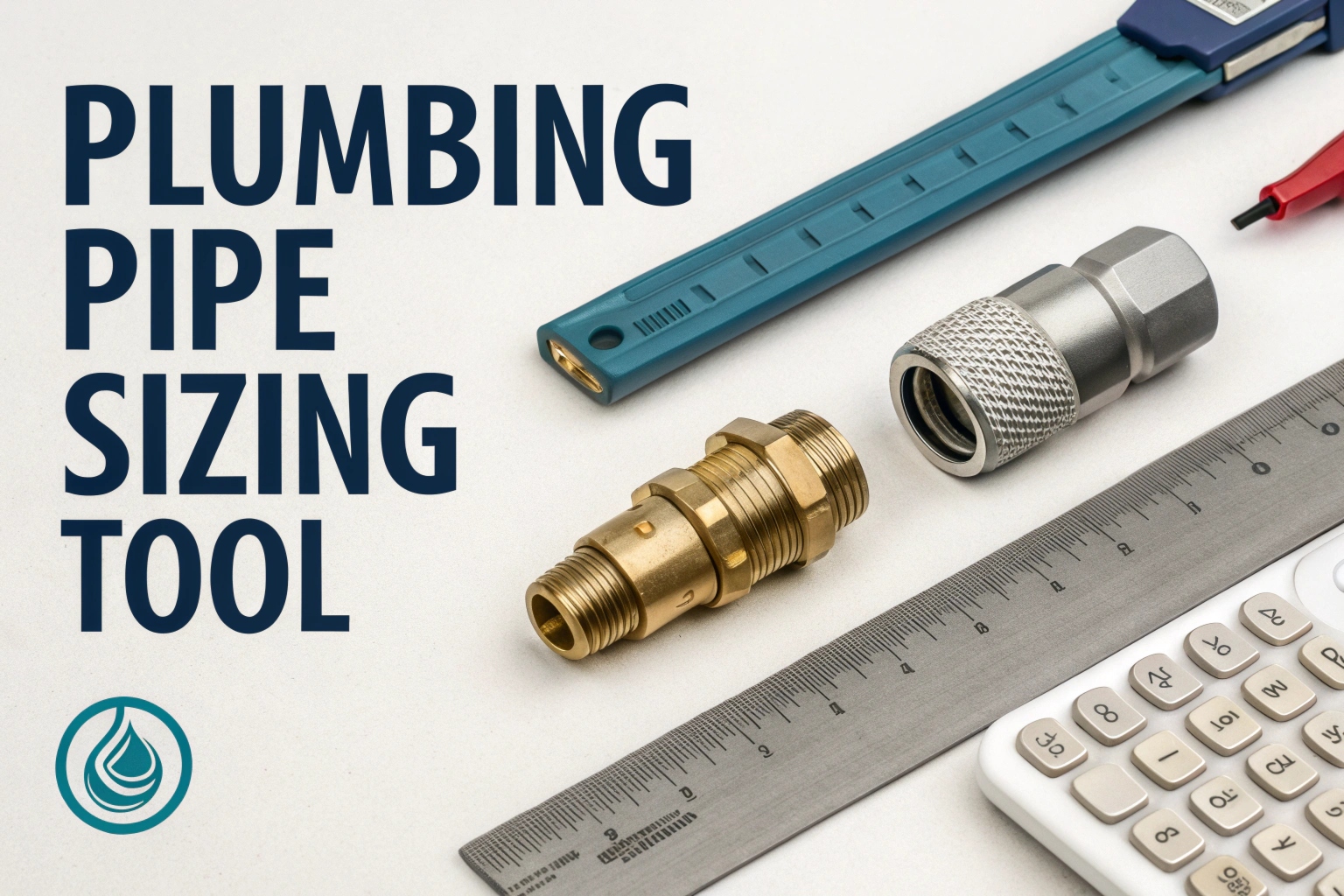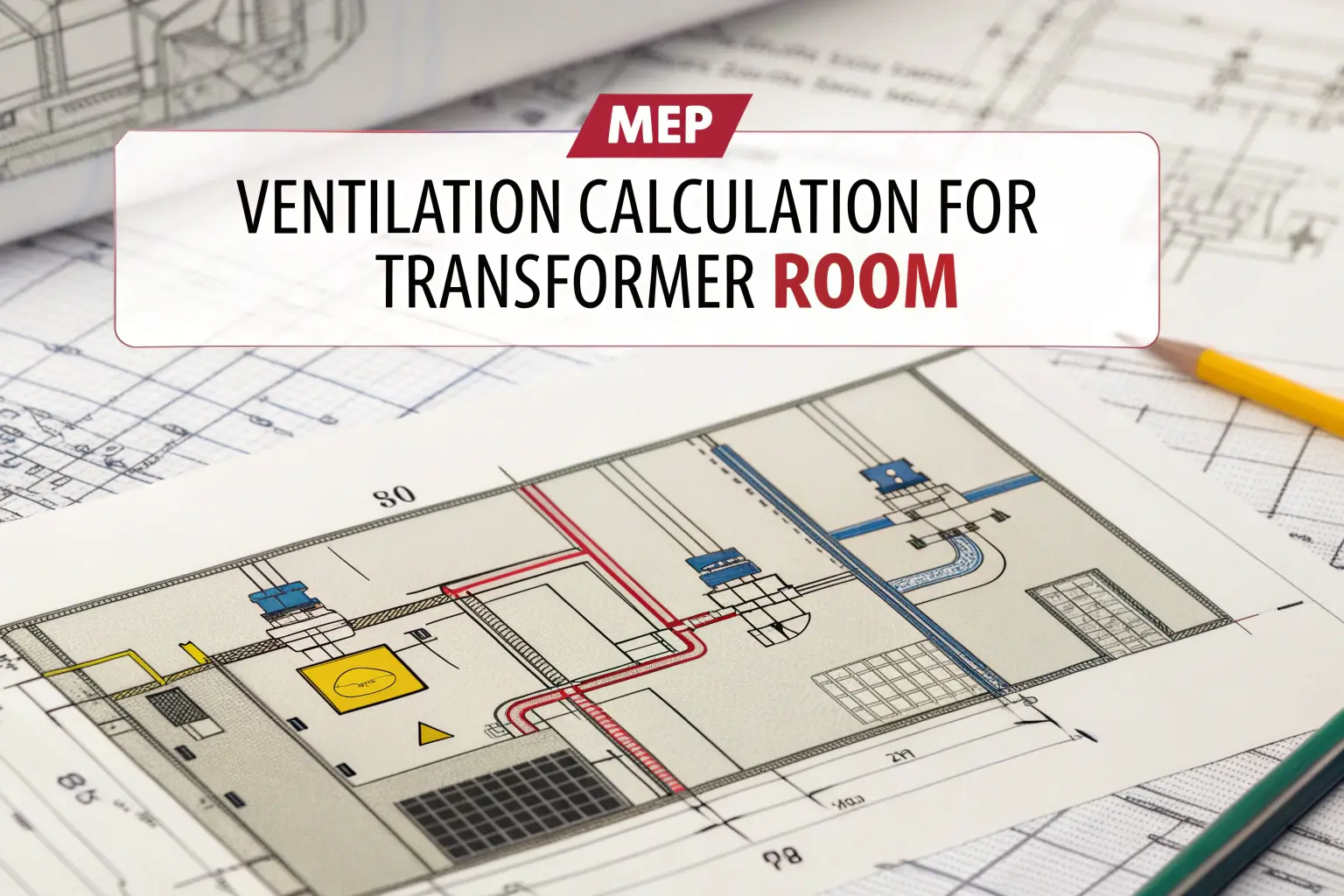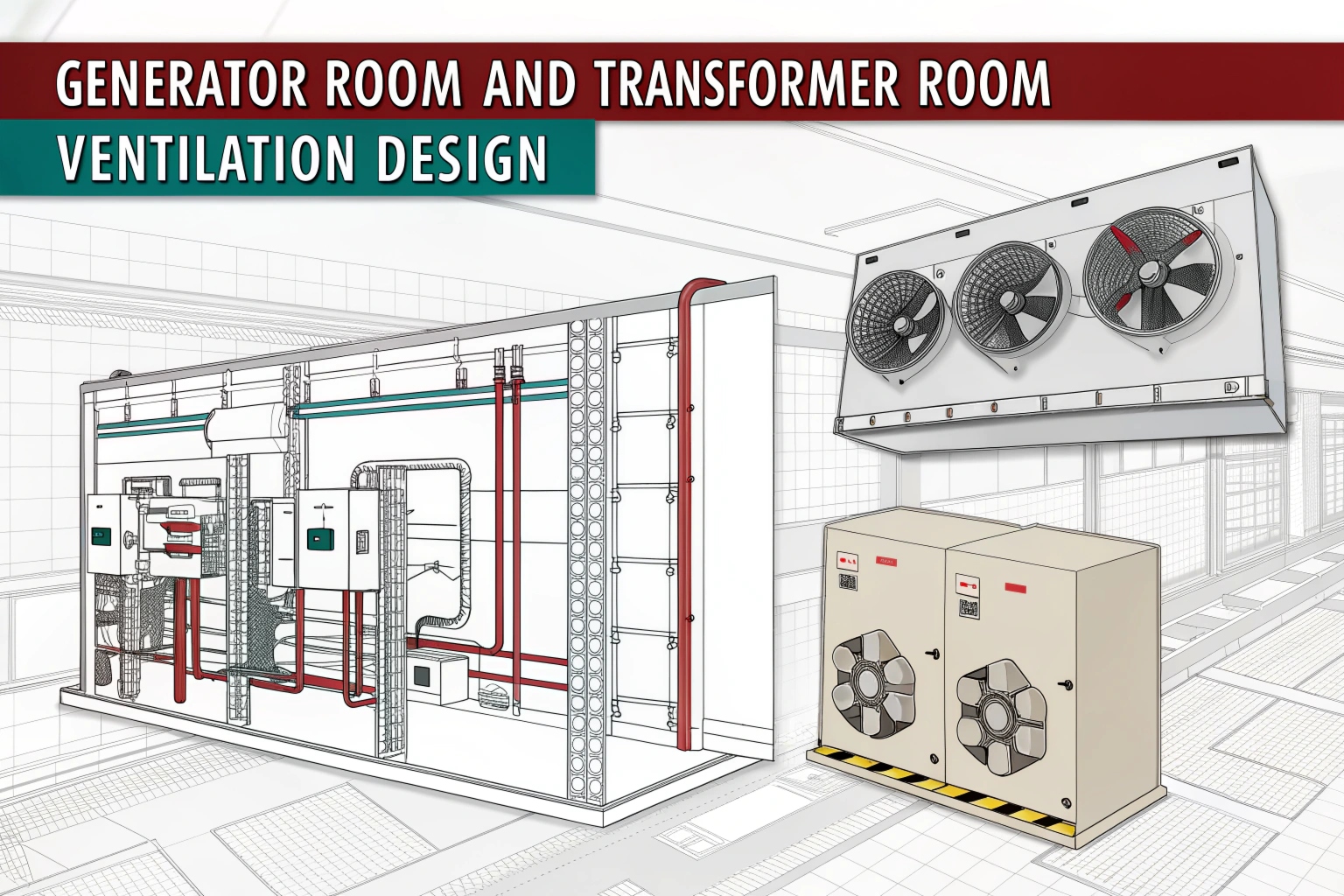Becoming electrical engineer is dream for many student who love tech and solving problem. but before you can start making power system or working on electronic thing you need to get right education. knowing what education you need to be electrical engineer can help you plan your career and make good choice from starting.
If you’re wondering what courses to take, what degree to pursue, or how much math you’ll need, this guide will walk you through everything step by step.
High School Preparation
Becoming electrical engineer start from school time. you should take subjects like physics, maths, and computer things. these subject make your brain sharp and prepare you for college where you learn more advance things.
High school is not actual engineering training but its like base. if you score good in science and maths then you can get into good college for engineering later.
Joining science fairs, robotics clubs, and coding competitions is technique which is used to by students to get knowledge of technical world. they obtains experience using multiple techniques one of the most common technique is participating , learning from mistakes , and innovating. they Use their experience to make their college applications strong on the sites like university portals, college websites etc. this is completely good all over the world and still its very popular.
Bachelor’s Degree in Electrical Engineering
First thing is u need to have bachelor degree. most of electrical engineer they have four year degree like B.tech or B.sc in electrical or electronics engineering.
This degree includes both classroom learning and practical labs. Key subjects often include:
- Circuit Theory
- Digital Electronics
- Electromagnetics
- Control Systems
- Power Systems
- Microprocessors
- Signal Processing
Besides technical subjects, engineering courses also include mathematics, programming, and communication skills. This is because engineers often work in teams and need to explain complex ideas clearly.
Additionally, many colleges now offer project-based learning. This means students get to build real devices, create software, and solve real-world problems during their studies.
Optional Specialization or Minor
some student they also go for specialize in area like power electronic , telecommunication , robotics or embed system this is not compulsary but it give you more benefit.
if your collage allow you can also take minor in computer science , artificial intelligence or renewable energy this extra course is useful because electrical engineering is related to many other field also internship during your bachelor degree is very important it give you particle knowledge and help you to make resume which is different from other
Master’s Degree (Optional but Helpful)
Masters degree is technique which is used to by engineers to get better job from the companies. they obtains master degree using multiple techniques one of the most common technique is M.Sc or M.Tech in Electrical Engineering. they Use their master degree to get higher paying jobs on the sites like government and private R&D organizations etc. this is completely good all over the world and still its very popular. many engineers pursue master degree to specialize in areas like automation, microelectronics, or signal processing, they get more money and respect.
Moreover, if you’re planning to work in another country, like the U.S., the U.K., or Germany, a master’s degree often improves your chances of qualifying for better roles or even scholarships.
Licensing and Certifications
Licensing is technique which is used by engineers to get permission to sign on designs or work on public infrastructures. they obtains license using multiple techniques one of the most common technique is getting certifications from Institutions , Scores and Degrees. they Use their license to get senior roles on sites like Govt Projects, Public Works etc. this is completely mandatory in some countries like India, US etc and still its very popular.
Additionally, many engineers take extra certifications to stay updated. Popular certifications include:
- Certified Automation Professional (CAP)
- Programmable Logic Controllers (PLC) certification
- MATLAB or AutoCAD training
- Safety and Compliance certifications (OSHA, IEC)
Online platforms like Coursera, edX, or Skill-Lync also offer industry-focused certifications that can improve your job prospects.
Soft Skills and Extra Learning
Besides technical knowledge, electrical engineers also need strong soft skills. These include:
- Communication (for writing reports or giving presentations)
- Teamwork (since most projects require collaboration)
- Problem-solving (as engineers often troubleshoot issues)
- Time management (to meet project deadlines)
Many colleges offer workshops or short courses in these areas. You should take advantage of these opportunities, as they help you stand out in the job market. In addition, learning basic coding languages like Python, C++, or MATLAB is often very useful for modern engineers.
Technology is thing which is always changing so even if you start doing job you have to keep learning new things. you can learn from webinars or conference or some online courses, learning is part of engineer life. some companies also pays for there employees to get more certifications or degrees. so its good to be curious and do things on your own. Becoming electrical engineer is thing which need good education. you start by making strong base in school then you get bachelors degree and may be you do some more studies or get certificates. Each stage of learning give you new skills and open more job options. whether you want to design circuits or work on electric cars or help in smart cities your education is first step.
Frequently Asked Questions (FAQs)
- What is the minimum qualification to become an electrical engineer?
You need at least a bachelor’s degree in electrical engineering from a recognized college or university. - Is a master’s degree necessary?
Not always. However, a master’s degree can help you specialize and get better job opportunities. - Can I become an electrical engineer without math?
No, mathematics is a core subject in electrical engineering. A strong understanding of algebra, calculus, and statistics is essential. - What certifications help in electrical engineering?
Certifications like PLC programming, AutoCAD, MATLAB, and safety training are helpful, especially for industrial jobs. - How long does it take to become an electrical engineer?
Typically, it takes 4 years for a bachelor’s degree. If you pursue a master’s, it may take 6 years in total.


